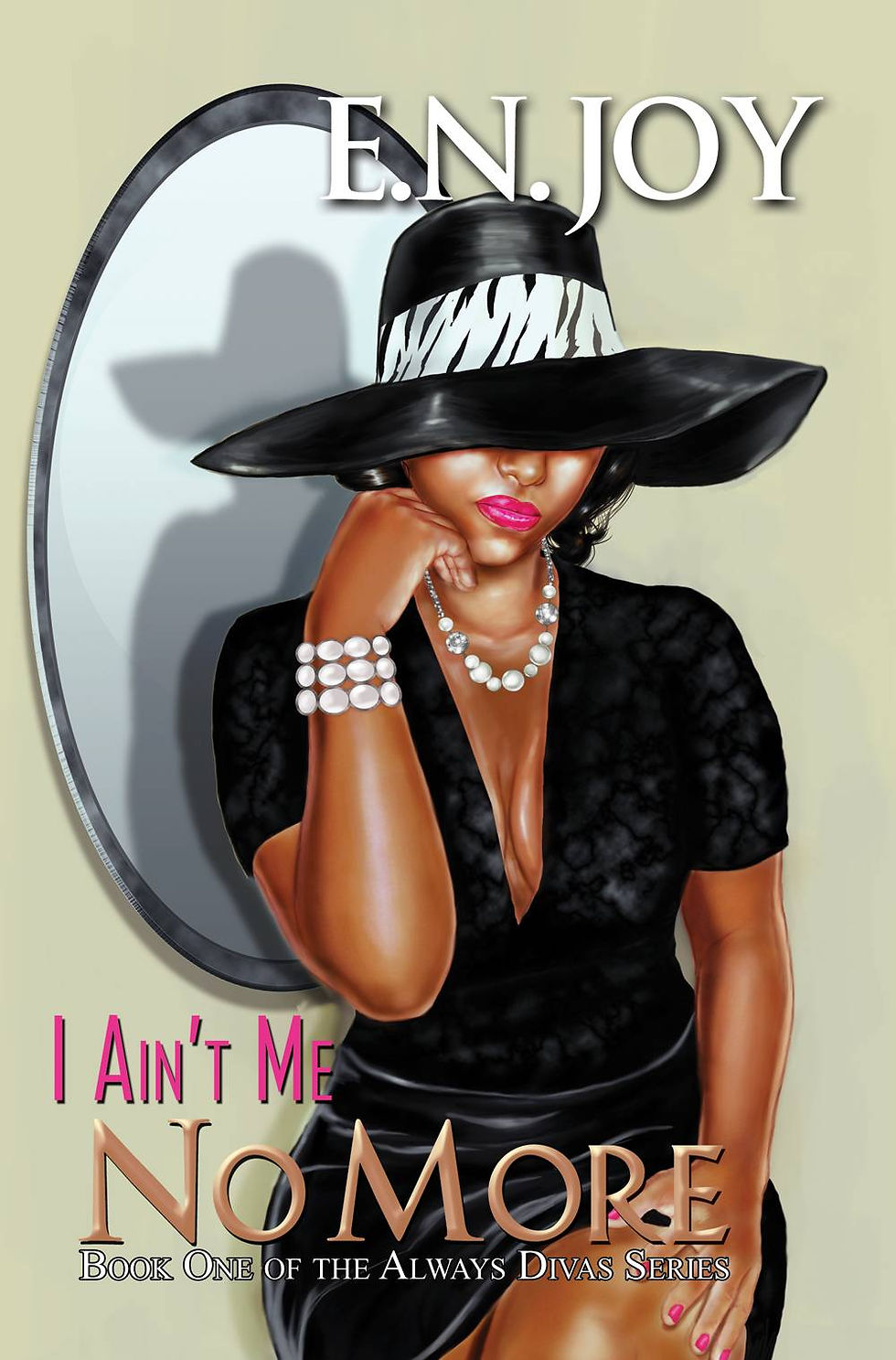Phillis Wheatley: First Black Author
- Feb 22, 2022
- 2 min read
A tribute to Phillis Wheatley, the first Black author in American history, whose book Poems on Various Subjects, Religious and Moral was published two years before the American Revolutionary War began.

Brought to America around the age of seven and purchased by the Wheatleys for a trifle due to her poor health, she was taught to read and write as well as given an education in the Bible along with geography, history, British Literature including John Milton and Alexander Pope, as well as the Greek and Latin classics of Virgil, Ovid, Terence, and Homer.
Her first published poem, "On Messrs. Hussey and Coffin," appeared December 21, 1767, in the Newport, Rhode Island Mercury. Wheatley was just 13.
A second would be published three years later entitled, "An Elegiac Poem, on the Death of that Celebrated Divine, and Eminent Servant of Jesus Christ, the Reverend and Learned George Whitfield."
It was that poem, published as a broadside and a pamphlet in Boston, Newport, and Philadelphia as well as alongside Ebenezer Pemberton's funeral sermon for Whitefield in London in 1771, which would bring her international fame.
However celebrated a poetess she might have been with the colonists, that was not enough for them to support her efforts to become a published author.
For that, the Wheatleys were forced to turn to friends in London. They forwarded the Whitefield poem to Countess Selina Hastings, who was a wealthy supporter of evangelical and abolitionist causes. Whitefield had been her chaplain.
Moved by the piece and motivated by her desire to see slavery abolished, the Countess instructed bookseller Archibald Bell to prepare for the book.
Phillis arrived in London in the summer of 1771 and was welcomed by dignitaries including the Earl of Dartmouth, poet and activist Baron George Lyttleton, Sir Brook Watson, philanthropist John Thorton as well as Benjamin Franklin.
Her achievements and the recognition she won for her work became a catalyst for the fledgling antislavery movement.
Her poem, "On Being Brought from Africa to America," contains these words: "Remember, Christians, Negroes black as Cain, May be refin'd and join th' angelic train."
She corresponded and later met with George Washington as well as Dr. Benjamin Rush, one of the signers of the Declaration of Independence.
While she would eventually be emancipated by Mrs. Wheatley on March 3, 1774, her freedom from slavery did not free her from the prejudice of those who despised her race.
The Wheatley family were all dead within 10 years of her emancipation and could no longer advocate for her. She married John Peters, but the couple struggled to find work to support their growing family.
She was unable to raise funds to publish a second volume of her poetry, although she did publish a 64-line poem in a pamphlet entitled "Liberty and Peace" under the name of Phillis Peters.
Her husband went into debt but was unable to repay it and was taken to debtors prison. She died alone, along with her last surviving child, on December 5, 1784.

At Path To Publishing, it is our goal to ensure that there are no more Phillis Wheatleys, dying with their voices unheard.
Visit www.PathToPublishing.com to find the resources needed to step up and be heard.





Comments